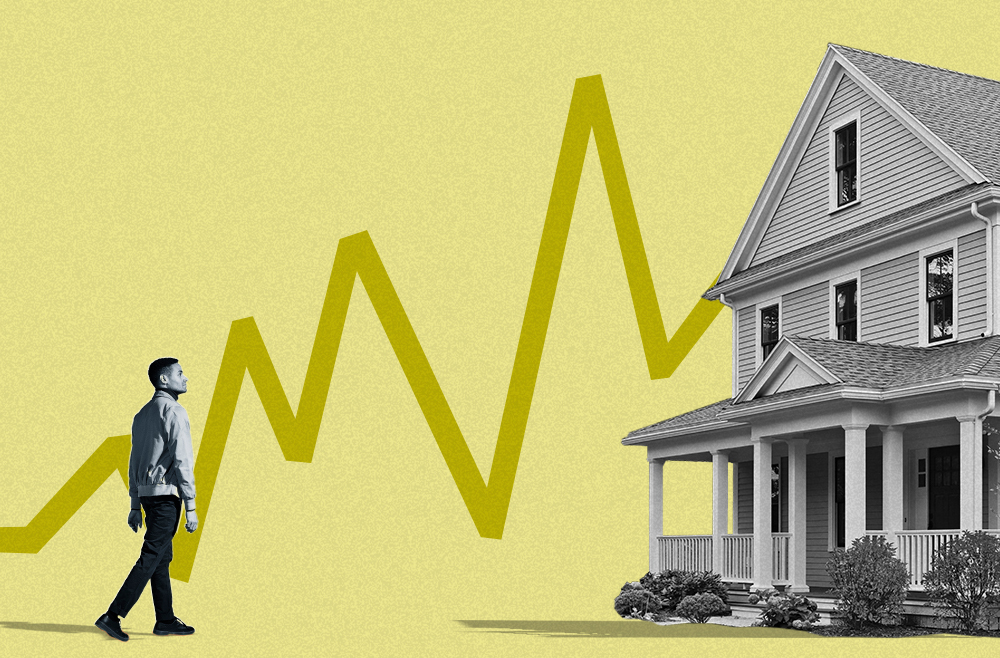New reports suggest that the mortgage and refinancing interest rates are increasing. What does this mean for those interested in buying a new property?
Who Determines the Mortgage Interest Rates?
Before one delves deeper into the effect of a higher mortgage interest rate, they might want to know who calls the shots. The Federal Reserve sets the mortgage interest rates. This department acts as the central bank of the United States responsible for setting monetary policy.
The Federal Reserve uses various tools to set interest rates, including buying and selling government bonds. When it wants to increase interest rates, it will sell these assets. The action will cause interest rates to go up as investors demand a higher return for lending their money.
When it wants to decrease interest rates, it will buy government bonds. In the process, this will cause interest rates to go down. Investors will want to invest in government debt with a lower return.
The Federal Reserve also uses the federal funds rate to set interest rates. It is the rate at which banks lend money to each other overnight. The agency can change the federal funds rate to influence interest rates throughout the economy.
Other factors that can affect the mortgage interest rates include:
- Market conditions: The economy’s health can also affect mortgage interest rates. When the economy is strong, demand for goods and services goes up. This will cause interest rates to increase as well.
- Political conditions: The political environment can also impact mortgage interest rates. For example, investors may demand higher interest rates when uncertain about the next president. The increased risk will also cause the mortgage interest rates to change accordingly.
- Creditworthiness: Mortgage interest rates are based on the creditworthiness of the borrower. A borrower with good credit history may qualify for a better rate than one with bad credit.
- The lender’s cost of funding: When lenders need money to cover their costs, they may pass on the changes in interest rates to their customers. For example, if a lender borrows money from another bank at an interest rate of 5 percent, and there is a sudden change in the market, such as an increase of one percentage point, the lender will now need to pay 6 percent for its funding costs. The additional cost would cause the lender to charge borrowers more for their mortgage.
- Loan type: When lenders offer different mortgage loans, they may set other interest rates. For example, they may charge a lower rate for fixed-rate mortgages but higher rates on adjustable mortgages.
- The timing of the purchase: Mortgage interest rates changes every day based on the market conditions and the Federal Reserve’s policies. Someone who buys a house today may be offered a different interest rate than someone who will purchase the same house tomorrow.
- Location of the house: The property’s location also affects mortgage interest rates. Borrowers will have to pay more for borrowing money if they are in an area experiencing high demand.
- Rates for people with credit problems: When the borrower has bad credit, he may not qualify for the best rates. Borrowers with a poor credit history are often charged higher interest rates.
What do you need to know about Twitter?
What Happens When the Mortgage Rates Go Up?
Mortgage interest rates can change fast, albeit slightly. They can go down or up. What happens when they rise?
- When the mortgage interest rates go up, people with adjustable-rate mortgages will have to pay higher interest rates. However, they are usually protected from significant changes by the terms of their mortgages. They often get interest-free periods when they can afford to make larger payments toward their principal balance. Interest rate changes do not affect those with fixed-rate mortgages.
- The impact of the mortgage rate increases will fall more heavily on those looking to buy a new home. They may find that they can no longer afford the house they want and must settle for a less expensive home. The increased rates might also dissuade people from buying homes altogether.
- It will cause a shift in the housing market. The increase in mortgage rates could decrease the demand for mortgages, which means fewer people end up buying a home. In turn, the seller’s market could become a buyer’s market, wherein the supply exceeds the demand. Property prices will fall.
Mortgage interest rates play a significant role in the housing market. They can go up or down, affecting homebuyers, homeowners, and the economy as a whole. For this reason, anyone thinking of buying or selling a home should consider their timing.












